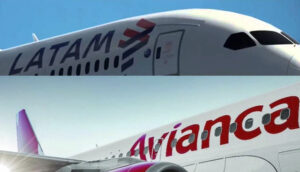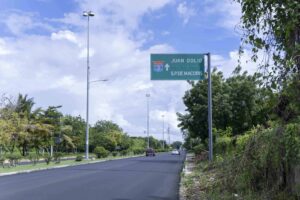IATA published report: “Reassessment of Single-Use Plastic Products in the Aviation Sector”
Related topics: Daniela Stange, IATA
May 14, 2024
Leave a comment
The International Air Transport Association (IATA) has published a report titled “Reassessment of Single-Use Plastic Products in the Aviation Sector” intended to assist airlines, regulators and the supply chain in mitigating the environmental impacts of these products.
 According to Daniela StangeIATA Sustainability Manager, “this report provides visibility to the challenges facing the air transport industry and shows the progress and commitment of airlines towards a more cohesive approach in reducing SUPPs (single-use plastic products). .”
According to Daniela StangeIATA Sustainability Manager, “this report provides visibility to the challenges facing the air transport industry and shows the progress and commitment of airlines towards a more cohesive approach in reducing SUPPs (single-use plastic products). .”
The document is produced in the context of negotiations to develop a Treaty on Plastics, which should be concluded by the end of 2024. The effort seeks to enable collaborative actions throughout the air transport value chain and improve cooperation between sectors, with the aim to contribute more effectively to a circular economy.
The report offers strategic and practical recommendations to reduce unnecessary and problematic SUPPs, divert reusable and recyclable SUPPs from landfills and incineration, and implement more circular models in the airline value chain, according to AviacionOnline.
Key recommendations include for airlines to reduce waste at source, introduce reusable items and improve waste management and recovery. For regulators, it is advisable to encourage the minimization of SUPPs through harmonized and simple regulations, and for the supply chain, increase public-private sector collaboration and invest significantly to implement circular economy principles.
The sectoral approach seeks not only to comply with emerging environmental regulations but also to respond to the expectations of passengers and cargo customers, who according to IATA “showed a marked interest in supporting the reduction of food and beverage options to achieve a reduction in SUPP”, highlighting a shift in consumer perception and demand towards more sustainable practices in aviation.




